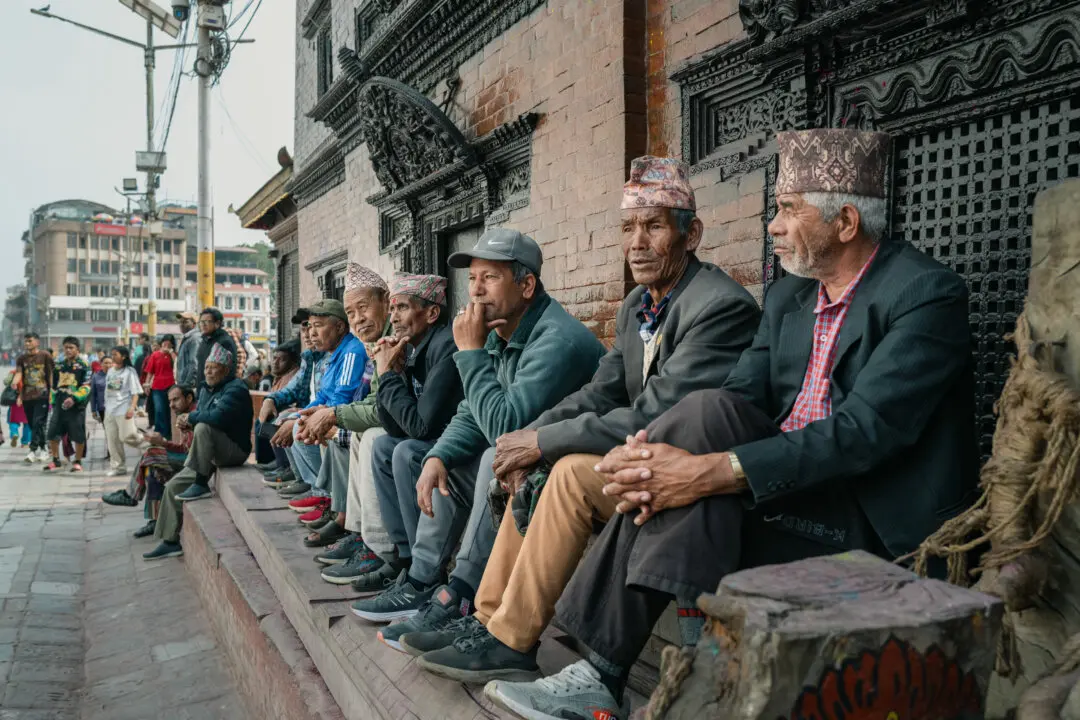Read the series here: Unbridled Evil
Unbridled Evil: The Corrupt Reign of Jiang Zemin in China | Chapter 4, Part I
A translation of the book 'The Real Jiang Zemin' from the original Chinese

Former Communist Party chief Jiang Zemin attends the 18th National Congress of the Communist Party of China in Beijing, China on Nov. 14, 2012. Feng Li/Getty Images
|Updated:




